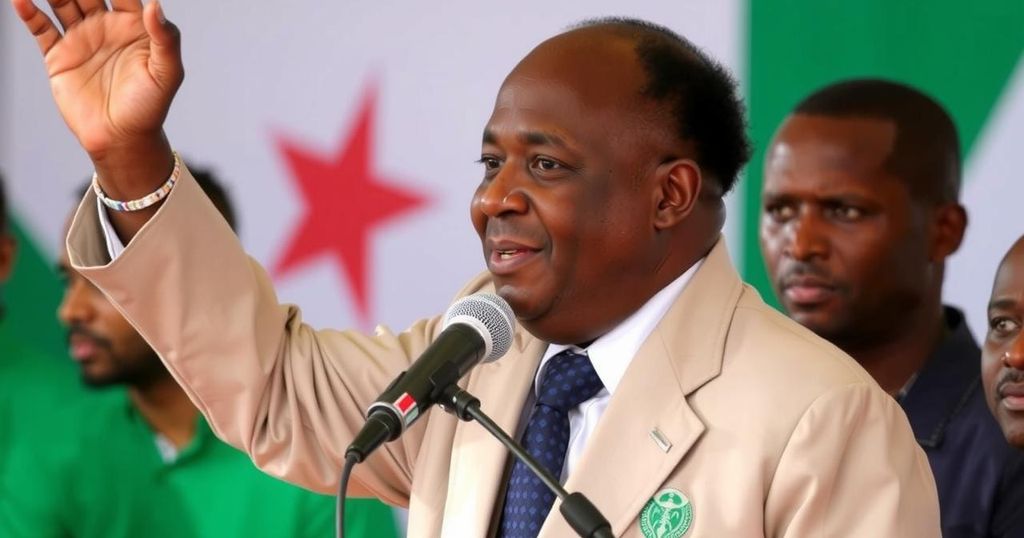Ruling Party Secures Legislative Majority Amid Opposition Boycott in Chad

In December’s parliamentary elections in Chad, the ruling Patriotic Salvation Movement (PSM) won the majority, securing 124 out of 188 seats amid an opposition boycott. Voter turnout was reported at 51.5%. This election was the first in over a decade and is seen as a critical step in consolidating President Mahamat Idriss Déby’s power as he aims for political decentralization.
Chad’s ruling political party, the Patriotic Salvation Movement (PSM), has decisively captured a majority in the parliamentary elections held in December, amid a considerable boycott from primary opposition parties. Provisional results indicated that the PSM secured 124 of the 188 contested seats, with a voter turnout of 51.5%. This election marks the first parliamentary contest in over ten years, further solidifying President Mahamat Idriss Déby’s control over the country’s governance. Despite opposition claims of voter credibility issues and fears of an electoral charade, the results enhance Déby’s political authority as he transitions the nation towards greater decentralization of power.
Chad’s political landscape has been significantly shaped by President Mahamat Idriss Déby’s ascent to power as a military ruler in 2021 following the death of his father, longtime president Idriss Déby Itno. This recent election, including regional and municipal contests, represents a crucial step in the country’s transition to democracy. The election process has included challenges such as security issues from militant attacks and complex diplomatic relations with France, emphasizing the precarious state of governance in Chad.
The overwhelming success of Chad’s ruling party in the recent legislative elections, despite significant opposition boycott, underscores President Déby’s strengthened authority in navigating the nation towards decentralization. With a significant portion of the electorate abstaining, the legitimacy of the electoral process faces scrutiny, yet the ruling party’s victory appears to fortify its governance, setting a challenging political landscape moving forward.
Original Source: www.rfi.fr








